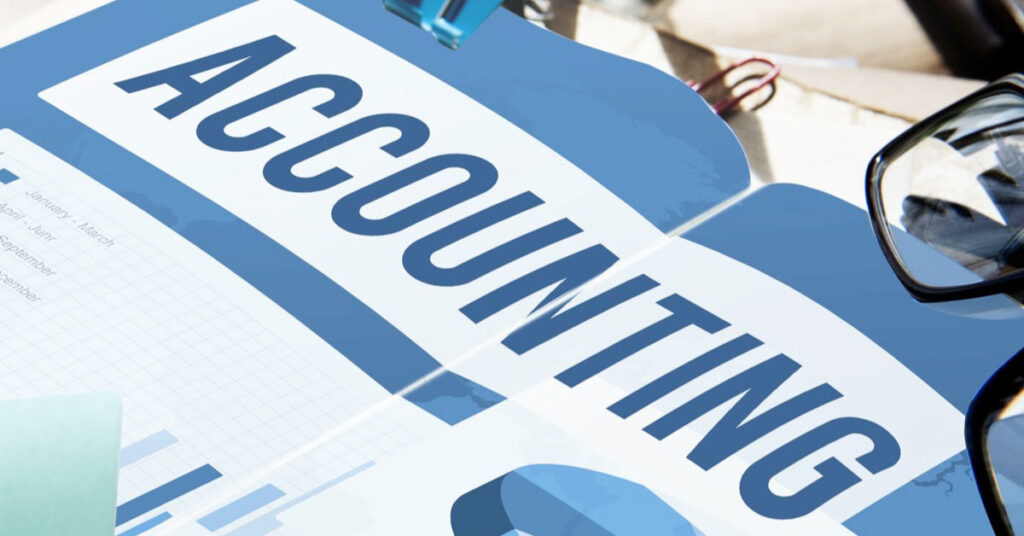One of the most popular political positions for the last 100 years has been to cut taxes for small businesses, given the high rates that some pay. While you could wait for the perfect laws to be passed, some simple bookkeeping tips can ensure that you don’t overpay and you write off all the right things. If you’re running a distribution center, you’re going into an industry that requires a lot of irons on the fire at all times, so you need to be alert.
Here are five tips to ensure you’re accounting* smarter, not harder.
1. SETTLE UP ON INVOICES
If you don’t take the time to watch your invoices, you could rack up late fees and spend beyond what you can currently afford. If you end up in bad financial straits, you’ll hurt your business’s credit and the stability of growth that every distribution company needs.
As a distributor, you’re going to have payment and shipping schedules that don’t match up. Your drivers aren’t going to be receiving cash on delivery, which means that you’ll have to schedule paying your own bills around when you get paid.
You need your bills organized. Schedule specific days of the week when you’ll pay this or that bill and always stay on schedule. Keep a list of your payment receipts so that you don’t fall behind.
2. CHECK YOUR RECORDS MONTHLY
You need to keep a daily log of the ins and outs of your finances. While you might be able to handle bundling a few days worth at a time, making it a daily exercise will keep you in practice. Put a system in place that will allow anyone who is on site to log any transaction.
If you make the system to difficult to use, you could be prone to mistakes and to having expenditures and invoices going unaccounted for.
Then you should double check your finances and your records every month. By taking the time to look through, reconcile differences, and balance your sheets, you’ll know when problems arise before they get out of hand.
This will protect you from being a victim of fraud, being overcharged, and from letting poor financial management get out of control. You need to spot account discrepancies as soon as they arise to minimize the impact they have on your distribution company.
3. NO CASH TRANSACTIONS
If you have a storefront or a shop that you manage as a part of your distribution center, accepting cash is fine. However, when you’re working in the business to business world, you shouldn’t be doing any cash transactions at all. As your company scales up, having that much cash on hand is nothing but a liability.
It’s hard to keep up with spending when you’re doing a lot of cash transactions. Cash can get mixed together and without rigorous invoicing, it can get messy.
When you don’t have a record of your purchasing, you can lose track of write-offs. Cash just ends up in a pile and you have to do detective work to keep track of things. When you’re using a debit or a credit card, it’s much easier to follow all of your spendings.
Often, you need to know how much was spent and when in order to follow your inventory. It’s difficult to know what your inventory should look like if you haven’t kept track of your spending. Credit card transactions leave a trail of breadcrumbs to help you watch your stock in a way that you can’t with cash.
4. TRY CLOUD ACCOUNTING*
Since most accounting* software will provide you with the tools you need to do basic bookkeeping, it can be hard to decide which one is best for you.
Many offer complicated packages with features you might never use. However, they include basic templates to help you easily compose invoices, account for deposits, and print up checks from your business account.
If you choose a cloud-based option, you can have a lot more flexibility. If your distribution company is still growing, you can scale up with the help of cloud-based accounting*. If you have everything stored on-site, it will be up to your accountant* to manage everything.
When you choose a cloud-based option, you can farm the work out to a third party or a virtual assistant. You’ll get high-quality bookkeeping for a fraction of the cost.
5. SEPARATE PERSONAL FROM BUSINESS
If you’re running a small distribution company, you might have started it out of your own pocket. Business owners who self-fund their own companies have a bad habit of continuing to pay for things from their personal credit card or out of pocket.
Once you’ve registered a business with its own tax ID, you need to keep finances separate. When you’ve got a mix of personal and business expenditures on a credit card statement, you’re laying the groundwork for making mistakes.
This is also an issue when you’re thinking about managing your taxes. Since you’ll have to pay a separate rate for business expenditures than normal expenditures, a separate business account can save a lot of headaches.
Be sure to put a little bit of money aside every month to pay for taxes in the future. You might be hit with unexpected charges, even if you manage to write off a lot of your spending.
SIMPLE BOOKKEEPING IS POSSIBLE FOR ANY DISTRIBUTION CENTER
No matter what the size of your distribution center, a simple bookkeeping system will ensure that the revenue keeps flowing in. As every industry needs to be poised to pivot at any point, the only thing stopping you from growing or following a trend will be how much money is in your bank. When you have a good accountant* on your side, you’ll always have the money you need.
Follow our guide to find out everything you need to know about small business taxes before the end of the year.




